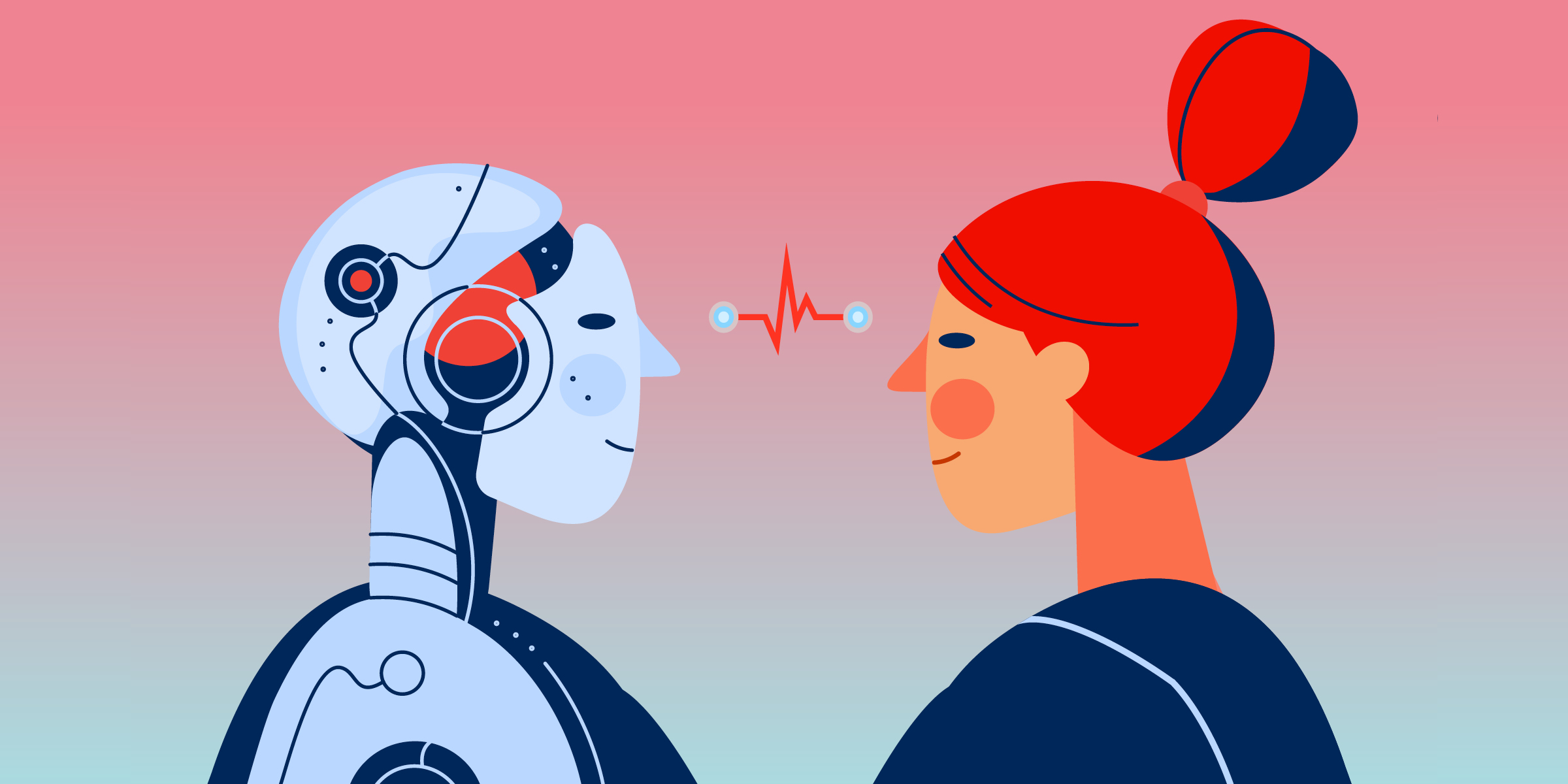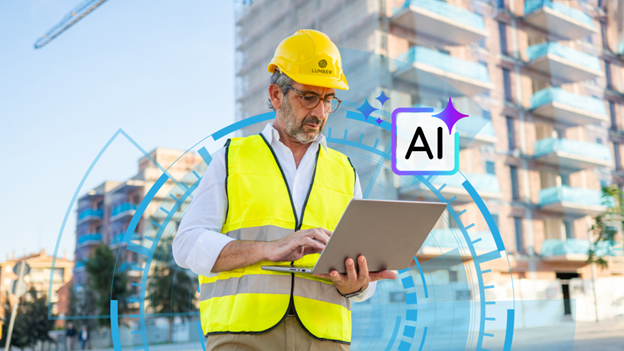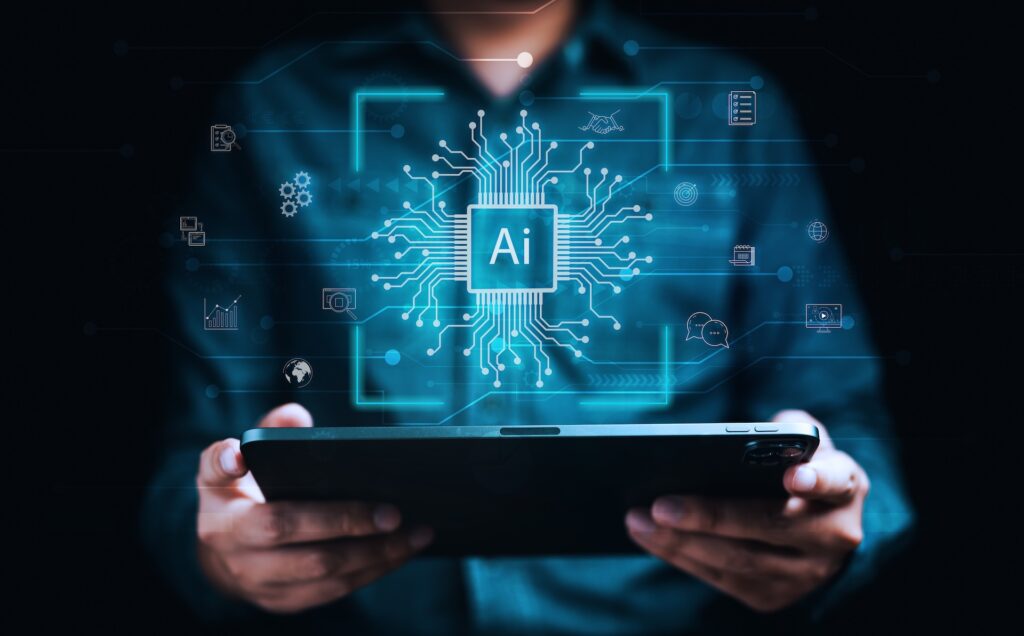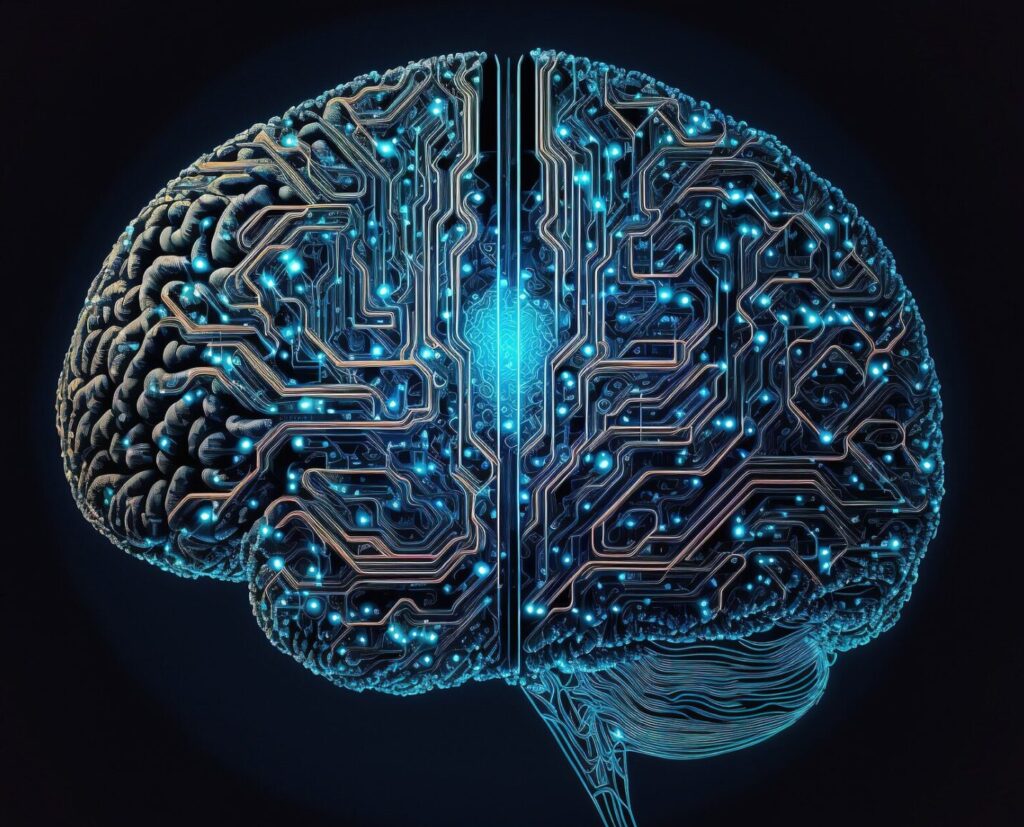As a young professional immersed in the world of technology, I’ve been thinking a lot about how life in our industry will change over the next three decades due to AI. Reader – are you ready for a trip with me into the world of ERP Tomorrow?
2033: Establishing a relationship
Every morning, I receive a notification with urgent tasks based on my schedule and incoming emails. Simple email requests are already answered, and meetings are scheduled. Personal assistants have become widespread, and almost everyone has one – an AI one, in fact.
The importance of our chief AI officer cannot be underestimated – Vivien Boche, SAP
By 2033, almost every job has changed whilst some have disappeared – but many new ones have also been created. I interact daily with our AI department, which provides us with our internal assistants, and who also oversee our external AI software.
20 years ago, the role of a data privacy officer was unimaginable, but it dramatically changed in the following years. Nowadays, the importance of our chief AI officer cannot be underestimated.
2043: Embracing AI synergies
In 2043, AI is a fundamental part of our work lives, very much like smartphones were in 2023. My AI assistant understands language nuance, tone and context, enabling personalized communication. It offers real-time language translations and contextual recommendations based on the other person’s communication style, fostering stronger relationships and effective cross-border collaboration.
Our HR department recently informed us of lowered job entry barriers across the industry due to AI. Everyone is hiring from a wider pool of candidates, giving candidates a more equal chance. In 2043, as the head of Technology and AI Transformation, I particularly enjoy the features of job description creation. My team suggests desired skills and personality traits, and the AI compares them with our work history to create an unbiased job description. Interview questions are generated based on the open position and candidates’ resumes.
New job roles, such as AI troubleshooters and AI authenticators, have become essential in our daily interactions. AI troubleshooters are our customer support teams who assist with queries about our software. AI authenticators regulate and monitor our AI models. They oversee AI prompts and outputs to prevent misuse and false information/content creation. AI departments are an essential part of organizations nowadays.
2053: Redefining collaboration
Today is an exciting day as I deliver my first keynote as chief AI officer in 2053. It’s unlike any presentation I’ve given before. I will trial a co-presentation with my AI assistant. How will this work?
Her role will be to constantly analyze the facial expressions and biometric data of the audience to gauge their emotional response in real-time. We will use this feedback to adapt the content of the presentation on the fly. Based on the audience’s reaction, we will adjust the narrative and bring up relevant statistics and customer examples on the spot. Additionally, she will monitor my gestures, pace and rhythm, and let me know if I should talk slower or adjust my energy to keep the audience engaged. She will also create virtual environments that match the content of our presentation, delivering a more immersive and interactive experience for the audience. We will also provide personalized call-to-actions and learning paths based on each individual’s knowledge level and goals.
My co-presentation with the AI assistant represents a significant milestone in presentations and the role of a chief AI officer. Let’s see how it goes in this ever-changing world of ERP Tomorrow.
Vivien Boche is senior director BTP, SAP and a council member of the ERP Today Young Professional Network.





